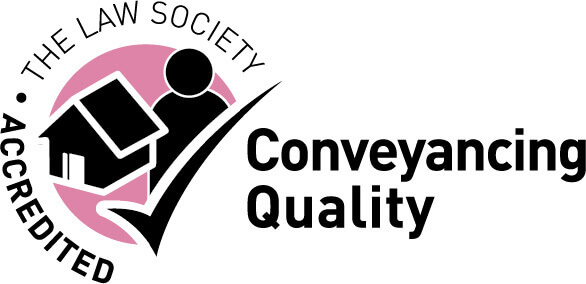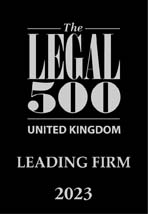Covid 19 Lockdown – the law
The Health Protection (Coronavirus, Restrictions) (England) Regulations 2020 imposes several restrictions.
Over the last week, the police have been keen to enforce compliance, even calling out the MP Stephen Kinnock over social media for visiting his father on his birthday.
Given the importance of protecting the NHS, it is likely that the police may take a harder line as the crisis worsens.
Restrictions on movement
During the emergency period, no person may leave the place where they are living without reasonable excuse.
A reasonable excuse includes the need—
(a) to obtain basic necessities, including food and medical supplies for those in the same household (including any pets or animals in the household) or for vulnerable persons and supplies for the essential upkeep, maintenance and functioning of the household, or the household of a vulnerable person, or to obtain money, including from any business listed in Part 3 of Schedule 2.
(b) to take exercise either alone or with other members of their household;
(c) to seek medical assistance, including to access any of the services referred to in paragraph 37 or 38 of Schedule 2;
(d) to provide care or assistance, including relevant personal care within the meaning of paragraph 7(3B) of Schedule 4 to the Safeguarding of Vulnerable Groups Act 2006(1), to a vulnerable person, or to provide emergency assistance;
(e) to donate blood;
(f) to travel for the purposes of work or to provide voluntary or charitable services, where it is not reasonably possible for that person to work, or to provide those services, from the place where they are living;
(g) to attend a funeral of—
- a member of the person’s household,
- a close family member, or
- if no-one within sub-paragraphs (i) or (ii) are attending, a friend;
(h) to fulfil a legal obligation, including attending court or satisfying bail conditions, or to participate in legal proceedings;
(i) to access critical public services, including—
- childcare or educational facilities (where these are still available to a child in relation to whom that person is the parent, or has parental responsibility for, or care of the child);
- social services;
- services provided by the Department of Work and Pensions;
- services provided to victims (such as victims of crime);
(j) in relation to children who do not live in the same household as their parents, or one of their parents, to continue existing arrangements for access to, and contact between, parents and children, and for the purposes of this paragraph, “parent” includes a person who is not a parent of the child, but who has parental responsibility for, or who has care of, the child;
(k) in the case of a minister of religion or worship leader, to go to their place of worship;
(l) to move house where reasonably necessary;
(m) to avoid injury or illness or to escape a risk of harm.
The word ‘need’ prefaces the exceptions and this implies an added necessity test.
Requirement to close premises and businesses during the emergency
A person responsible for carrying on a business which is listed in Part 1 of Schedule 2 must—
- during the emergency period—
- close any premises, or part of the premises, in which food or drink are sold for consumption on those premises, and
- cease selling food or drink for consumption on its premises; or
- if the business sells food or drink for consumption off the premises, cease selling food or drink for consumption on its premises during the emergency period.
The provisions in relation to business closure are particularly complex and a number of police interventions have already been made. Please contact us for accurate up to date advice if you are unsure as to your legal obligations.
Restrictions on gatherings
During the emergency period, no person may participate in a gathering in a public place of more than two people except—
- where all the persons in the gathering are members of the same household,
- where the gathering is essential for work purposes,
- to attend a funeral,
- where reasonably necessary—
- to facilitate a house move,
- to provide care or assistance to a vulnerable person, including relevant personal care within the meaning of paragraph 7(3B) of Schedule 4 to the Safeguarding of Vulnerable Groups Act 2006,
- to provide emergency assistance, or
- to participate in legal proceedings or fulfil a legal obligation.
Penalties
Breach of these emergency regulations can result in fixed penalties (of up to £960) and unlimited fines.
Adults must do all they can to ensure that children comply, and failure in that regard can itself result in prosecution.
Other enforcement measures can be taken concerning business premises and failing to comply with restrictions.
If you have received a fixed penalty that you wish to challenge or are being investigated or prosecuted for an alleged breach, our expert team are able to advise.
How can we help?
If you need specialist advice, then get in touch with Andrew Holland (01743 237731 or a.holland@hatchers.co.uk) and let us help. We can advise on a plea, defences and potential sentences in a wide range of circumstances.





